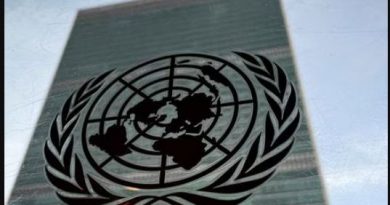BLACK PAPERS: How Muslim Brotherhood crept in Saudi Arabia
by Khaled Hamoud Alshareef
King denied him again by: “We are all Muslim brothers” hinting to Al-Banna that he understood his motives…
The activity of the Muslim Brotherhood in Saudi Arabia began clearly during the reign of King Faisal bin Abdul Aziz, King of Saudi Arabia in the period between (1964 – 1975). At the time, the relations between Saudi Arabia and Egypt, which was then chaired by the late President Gamal Abdel Nasser, were at their utmost tension, to Abdel Nasser’s Nationalist Socialist Pan Arabism agendas aiming to abolish monarchies.
Later, after the death of President Abdel Nasser, and a rapprochement occurred between his successor, President Anwar Sadat and King Faisal bin Abdulaziz. Faisal sought to create a rapprochement between the Brotherhood and Sadat.
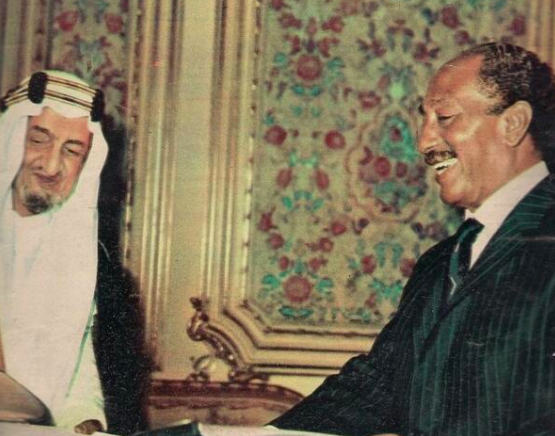
The Muslim Brotherhood members dominated educational aspects in universities (Standard MB Practice), particularly in the 1970s and 1980s, as well as on media platforms, charity organizations and aid agencies. The beginning of the real story is due to the desire of the founding King Abdulaziz bin Abdul Rahman Al Saud to fight illiteracy and spread education.
Among those invited by the King’s advisor Hafez Wahbah and interviewed by the King was, Hassan Al-Banna, Al-Banna was denied , then on 1936, when Hassan al-Banna visited the kingdom to perform Hajj, he met King Abdulaziz and presented him with a request to establish a branch to organize the Brotherhood, but the King denied him again by: “We are all Muslim brothers” hinting to AlBanna that he understood his motives and firmly denying his wish while remaining courteous.
All attempts by the Muslim Brotherhood to venture into Saudi Arabia during the reign of King Abdulaziz were rejected, which led the group to other endeavors, which is spreading their literature through missionary missions to the Kingdom during the Hajj seasons, in an attempt to spread the ideology among Islamic delegations to Hajj through the speeches that Al-Banna delivered.
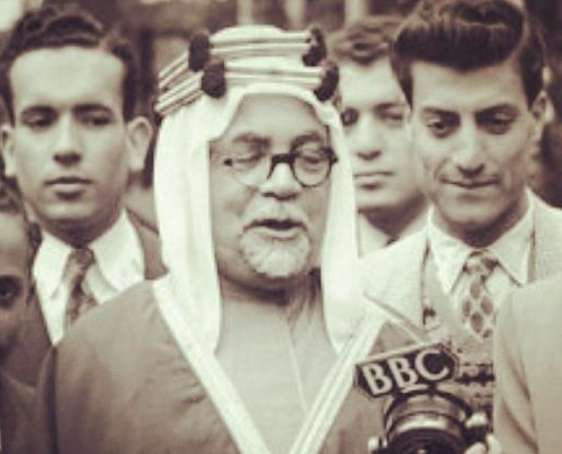
To present the principles of his call, and since then Saudi Arabia was covertly classified within the organizational structure of the international organization.
Upon the 1948 revolution in Yemen (the revolution of the constitution) took place, the Muslim Brotherhood relations with Saudi Arabia became stressed due to the support of MB members to the revolution that plunged Yemen into chaos and bloodshed.
These events completely foiled all the Brotherhood’s attempts to penetrate Saudi Arabia with their revolutionary ideas and their extremist whispers to call to Arms in Saudi Arabia during the reign of the founding King.
In 1953, the spiritual father of the Muslim Brotherhood in Saudi Arabia arrived as a teacher to teach in the College of Sharia in Riyadh, then the College of Arabic Language, then director of postgraduate studies at Imam Muhammad bin Saud Islamic University. In addition to his membership in the university council, and chaired the scientific committee of the Girls’ college as well as the educational policy committee in the Kingdom, and participated in the opening of the religious institute in Al-Ahsa and then moved to Al-Qassim.
The arrival of the Salafist Jihadists movement preacher Mohamed Sorour Zain El Abidine Sorouri Salafism, or Sorourism , also known as the Sahwi movement. It is a Muslim Brotherhood offshoot in Saudi Arabia.
Sorourism is considered the broadest intellectual, political and social Islamist branch of the Muslim Brotherhood . This Group was founded by the theorization of Muhammad Surur Zain Al-Abidin a Syrian from Horan a member of the Muslim Brotherhood.
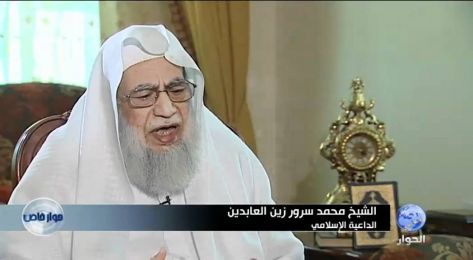
He was among the youth belonging to the so-called military vanguard movement or Marwan Hadid group by Sheikh Hamwi, a Qutobist extremist who founded the Muslim Brotherhood’s military organization in Syria and is the leader of armed action against the Baath regime in Syria.
He was later driven out from Saudi Arabia to Kuwait by Manna Khalil Al Qattan the MB top figure in Saudi Arabia, for disputes between the two personalities began, among which are the reasons for apprehension about the growing Sorori base among the youth of the MB and Sorouri’s endeavor to establish an independent movement organization “The Secret Organization”.
In Kuwait, Mohamed Sorour continued to work to strengthen his movement and organization, and he worked as editor-in-chief of the Kuwaiti Brotherhood “Society Magazine”.
Sorour’s ambitions got the best of him yet again as he was involved political clash with the Kuwaiti government, he later on moved to live in Britain and remained in it for 30 years. And he issued the revolutionary “Yearly Magazine”.
Again his ambitious and extremist ways got the best of him yet again and his yearly Magazine was banned, he moved to Jordan in fear of being a subject of investigation and then fled to Qatar where he lived until he died in 2014, where Emir of Qatar and Father attend his funeral.
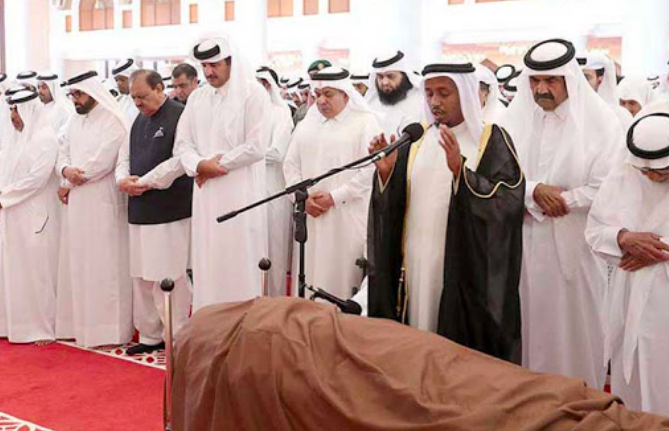
Muhammad Zain al-Abidin left behind many who embrace his extremist Islamist views, including symbols and celebrities carrying that mixture of Syed Qutob extremist dynamics and scientific Salafism, his students, symbols of the group’s teachings.
Among his students Salman al-Awda and others who carry with them his extremist ideology that they passed to their students since the late 90s.
In 1993 al-Ouda was one of the leaders and instigators of the dissident group Committee for the Defense of Legitimate Rights (CDLR) that aimed to incite riots and chaos against the Saudi government.
Gilles Kepel has described CDLR and Al-Masari as “failing to raise any groundswell of support” within Saudi Arabia and “sadly lacking” in Islamic “doctrinal … ballast”, as became evident after he was confronted and debunked by fatwas issued by the Saudi scholars.
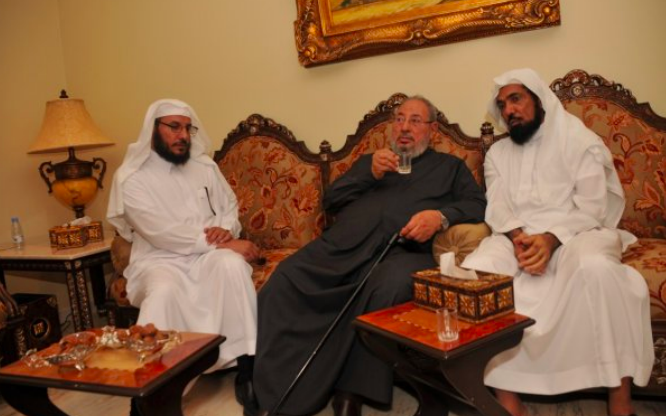
Al-Masari is also criticized for being two-faced, presenting himself as a fighter of human rights abuses and corruption to the western audiences, while regaining Arabic speakers with attacks on Saudi for its lack of shari’a law enforcement and even pronouncing “takfir against all Muslims who
obeyed the laws of Riyadh”.
In particular, it’s a standard practice these MB scholars adapt to gain western support while showing their true colors when addressing their followers.
Al-Ouda is known to the western audiences as a moderate for criticizing the September 11 attacks, and criticizing Osama bin Laden. Ironically that never happened until 2007, around the sixth anniversary of September 11.
And I quote al-Ouda: “My brother Osama, how much blood has been spilled? How many innocent people, children, elderly, and women have been killed … in the name of Al Qaeda? Will you be happy to meet God Almighty carrying the burden of these hundreds of thousands or millions of victims on your back?”
Side note: I am not buying it, what about you?
The 1990–1991 Gulf Crisis and War, in which an American-led coalition of forces aligned against the Iraqi regime of Saddam Hussein, al-Ouda voiced his objections against the coalition.
Al-Ouda pushed the leadership of what was known as the “Awakening” movement in the 1980s, accompanied by a group of his friends, and signed a letter calling for legal, administrative, social and media reforms in Saudi Arabia in May 1991.
If we read in the biography of Youssef El-Eiry, and his letters, we will understand what motivated him to become the first leader of al-Qaeda in Saudi Arabia, he was later killed in a confrontation with the Saudi Security forces.
El-Eiry praised by Osama bin Laden and one of his books we would have found this mentioned, quite frankly, impeccable, Al-Eiry was admitting that he was a member of the Saudi Islamic Awakening Movement which is linked to Salman al-Ouda.
Khaled Homoud Alshareef holds PhD in Business and he earned Masters in Philosophy. He often writes about Islamism, Islamist factions and modern Terrorism. He tweets under @0khalodi0.



